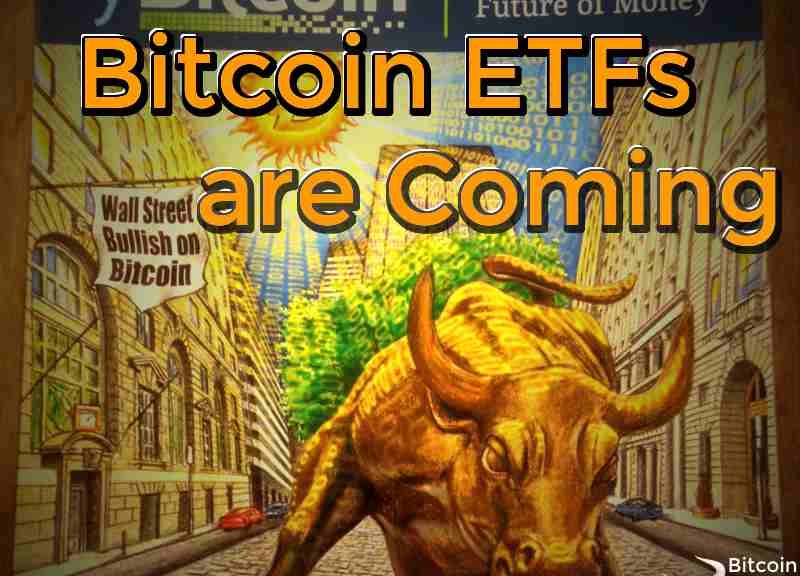MarketMuse update courtesy of Inside Bitcoins’ Kyle Torpey.
Much of the bitcoin community is excited at the prospect of a bitcoin ETF due to the assumption that it could bring many new speculators into the market. After all, if everyone with access to assets traded on the NASDAQ can just as easily trade bitcoin in the same account as their other investments, it’s possible that more traditional investors may take a shot at the digital currency.
While there’s been plenty of attention on the possible Winklevoss bitcoin ETF, there hasn’t been much discussion on the effect the ETF could have on current bitcoin exchanges. Once traders have access to a regulated bitcoin ETF on the NASDAQ, why would they spend time trading on one of the frequently-hacked bitcoin exchanges?
Trading fees and unique trading options
I reached out to BTC China Senior Business Development Manager Greg Wolfson to get his reaction to the possibility of a bitcoin ETF becoming a reality in the near future. When asked what a traditional bitcoin exchange can offer that won’t be found with a bitcoin ETF, Wolfson was quick to point to zero-fee trading. The trend of offering free trading has become a popular way for new bitcoin exchanges to make a name for themselves, and this is something that simply cannot be offered by a bitcoin ETF.
When trading an ETF, you’re always going to have to pay brokerage fees and the expense ratio, which is used to pay the costs of operating the ETF. For example, GLD — on which the Winkless ETF is based — has a 0.40% expense ratio. You can bet that a bitcoin exchange will not charge you money simply for holding onto your bitcoins throughout the year — although leaving your bitcoins on an exchange for long periods of time is also not recommended.
“On the other hand, the the ETF will be regulated by the SEC and therefore, open to many types of institutional investors that are otherwise prohibited from investing in bitcoin.”
Wolfson went on to explain certain trading options that are unique to bitcoin exchanges in his full response on the matter:
“An ETF may best fulfill the needs of individuals who want to simply hold bitcoin, but exchanges still offer a diversity of trading options that set them apart. Zero-fee trading, derivatives, cross-trading with altcoins, and direct access to BTC, to name a few. On the other hand, the the ETF will be regulated by the SEC and therefore, open to many types of institutional investors that are otherwise prohibited from investing in bitcoin.”
Access to actual bitcoins
Direct access to bitcoins was another feature of bitcoin exchanges mentioned by Greg Wolfson. While you’re purchasing actual bitcoins on a traditional bitcoin exchange, such as BTC China, you’re only purchasing shares of assets owned by someone else when you buy an ETF. You cannot trade your ETF shares for actual bitcoins. If you’re looking for ownership over physical bitcoins rather than exposure to the bitcoin price, then a traditional bitcoin exchange — or even an OTC trade — will be a better option.
What about insurance?
Although Wolfson did not mention insurance in his comments regarding the bitcoin ETF, it’s possible that this could be another opportunity for bitcoin exchanges. As mentioned in a previous article, there is no insurance to be found for shareholders of the Winklevoss Bitcoin Trust (COIN).
As we’ve seen in the past — and as recently as a few weeks ago with the Bitstamp hack — thefts are a rather common occurrence in the bitcoin world. An exchange that decides to offer insurance for all deposits — outside of user error — could offer peace of mind to the paranoid trader who doesn’t want to worry about a possible MtGox fiasco. The only bitcoin companies that seem to be bragging about their insurance coverage publicly are Coinbase, Xapo, and Circle; none of which are useful for even moderately high frequency trading.
For the original article from Inside Bitcoins, click here



